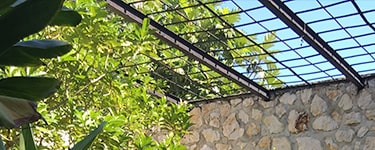Blog


Nursing Students Challenge Stereotypes
The nursing profession has endured some of the most limiting and often demeaning stereotypes. From saint to doctor “wannabes,” from mother-figure to battle-axe, and perhaps the biggest and most widely accepted stereotype of them all: that nurses are supposed to be women. But like most stereotypes, these claims were not based in fact and are being challenged by nurses, educators, doctors, and others.

The National Student Nurse Association (NSNA) has embraced the challenge of fighting these stereotypes and encourages all nursing students to join them by following these steps:
1. Promoting positive images as nursing students.
2. Actively educating others on the true meaning of nursing.
3. Joining professional nursing organizations like NSNA and ANA who work actively to diminish negative stereotypes.
4. Establishing a public image committee in local and state chapters.
We found some information that may help in this effort.
–While women still outnumber men in the profession, 11% of the 2 million nurses in 2013 were male, up from 5% in 2004.
–Nurses are autonomous, college-educated health professionals who work alongside doctors, not work for them. Nurses have their own unique scope of practice and they report to nurse managers, not physicians. In fact, one key way nurses save lives is by catching errors in physician care plans. That is vital, since health care errors are the third leading cause of death in the U.S. And unlike most Hollywood nurses, real nurses take many other autonomous actions that save lives.
–It is still common to see nurses depicted as angels of mercy, virtuous hand-holders and pillow-fluffers, or, at the other end of the spectrum, as frustrated females, tormenting patients and mercilessly enforcing trivial rules. But what happens in real life? In fact, nurses are not angels or demons. They are college-educated science professionals of all genders who use their advanced skills and courage to save lives. Real nursing is challenging — because it is intellectually, emotionally, and physically demanding.
Nurses are strong, highly dedicated, intelligent, trustworthy, and in high demand. They are autonomous health professionals who save lives through skilled monitoring and treatments, strong advocacy, patient education, and catching errors. Nurses detect subtle symptoms of impending health crises through high-tech monitoring and their own advanced assessment skills — especially when equipment is malfunctioning.
The NSNA is currently running an essay contest aimed at promoting the positive professional image of nursing. We encourage all of you to participate and look forward to the results.
~Michael and Frida Donner
